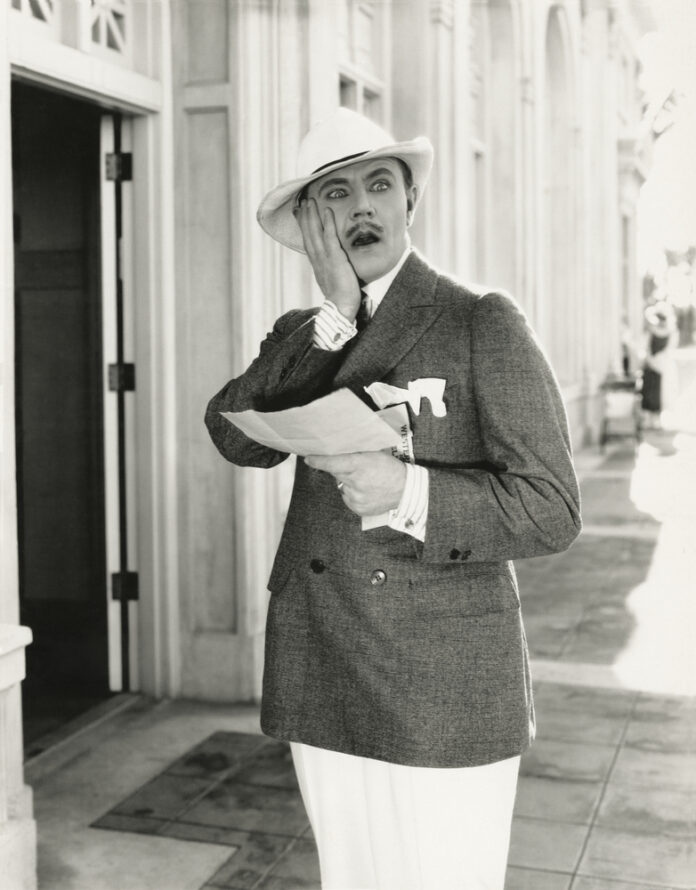An awardee didn’t attempt to intervene in the protest until after the COFC ruled in favor of the protester. To make matters worse, while the awardee was trying to intervene, its contract was terminated for default. The COFC found that not only was the motion to intervene too late, but the default termination mooted the motion.
Global K9 Protection Group, LLC v. United States, COFC NO. 23-210
- Decision to Not Intervene – In 2020 the Postal Service issued a solicitation for canine mail screening. Following an initial award, protest, and corrective action, the USPS awarded the contract to K2 Solutions. A disappointed offeror, Global K9, filed a COFC protest in 2023, challenging the award to K2. Although it was the awardee, K2 decided not to intervene in the protest, believing the government would protect its rights.
- Court Enjoins Award – The court sustained the protest. The court determined K2 had made material misrepresentations about its past performance. Although K2 had been performing during the protest, the court enjoined the award to K2.
- Motion to Intervene – A few days after the court enjoined the award, K2 filed a motion to intervene in the protest, essentially asking the court to reconsider the decision.
- Default Termination – Around the same time K2 moved to intervene, the government terminated K2’s contract for default due to performance issues. The court only learned of the termination two months later. Still, K2 wanted to intervene, believing the termination had not precluded its right to intervene.
- Contract Mismanagement – The court noted at the outset that it was particularly perturbed that it had not been notified of the default termination for two months. All the while, K2’s motion to intervene was pending. The court opined this was the result of USPS’s contract mismanagement. The court wondered aloud whether the USPS should remain exempt from the FAR and the Competition in Contracting Act.
- Default Termination Mooted the Motion to Intervene – Citing Federal Circuit precedent, the court noted that when an agency terminates a contract, a request for relief pertaining to the contract becomes moot. K2 argued that even though the contract was moot, it still had an interest in protecting its reputational interest. The company reasoned that the protest, which alleged a misrepresentation, had impacted its ability to win other contracts. The court, however, noted the Federal Circuit had never held that an offeror’s reputational interest was enough to keep a moot protest alive.
- Intervention as of Right – Aside from the mootness issue, the court also noted K2 could not intervene as of right under COFC Rule 24. K2 knew of the protest for over a year before it attempted to intervene. It should have known the protest had the potential to impact its award. Additionally, the court determined that allowing K2 to intervene now would prejudice the other parties. K2 argued that it was also prejudiced by the impact on its reputation. But the court opined that if K2 was worried about its reputation, it should have intervened when the protest was initially filed.
The protester is represented by Walter Brad English, Jon D. Levin, Emily J. Chancey, and Nicholas P. Greer of Maynard Nexsen PC. Intervenor American K-9 Detection Services is represented by Daniel J. Strouse and Joshua D. Schnell of Cordatis, LLP. Attempted intervenor, K2 Solutions is represented by Tanya M. Salman of Michael Best & Freidrich LLP. The government is represented by Steven Gillingham, Reginald T. Blase, Patricia McCarthy, and Brian M. Boynton of the Department of Justice.
–Case summary by Craig LaChance, Editor in Chief




